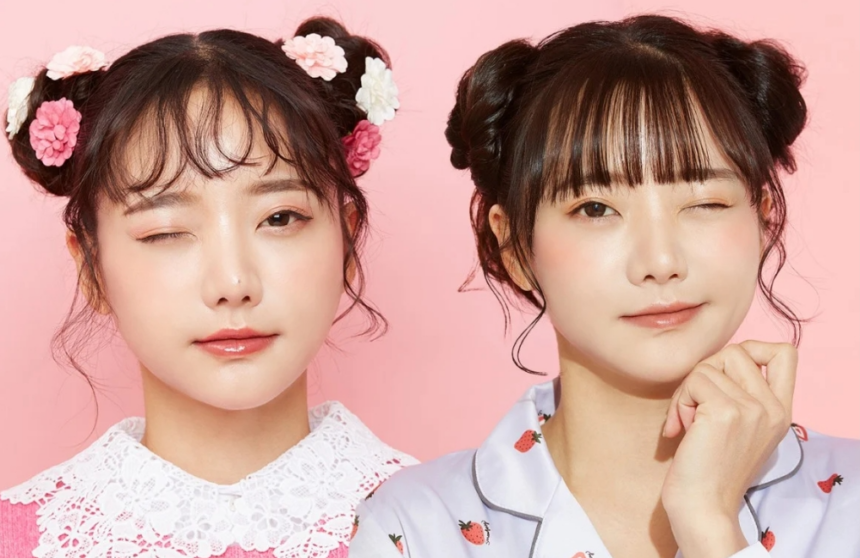A complex set of traditional Chinese beliefs holds that an eye twitch offers a glimpse into one’s future fortunes. This notion contrasts sharply with the common understanding in other parts of the world, where an eye twitch is typically considered a potential health issue.
In China, there’s an enduring saying: “Left eye twitching means fortune, right eye twitching spells disaster.” This belief is deeply ingrained in Chinese culture, influencing how people interpret these involuntary movements. A notable example occurred in 2010 when a woman from Taiwan claimed her left eye had been twitching for three days before she won NT$389 million (US$12 million) in the lottery.
Origins of the Belief
The superstition traces back to ancient Chinese mythology, where Pangu, the creator of the universe, transformed his left eye into the sun and his right eye into the moon. In traditional Chinese thought, the left is associated with yang, representing light and activity, while the right is linked with yin, symbolizing darkness and passivity. Thus, a twitching left eye is considered an omen of good luck, whereas a twitching right eye signals misfortune.
Variations and Modern Interpretations
Over time, this belief has evolved, incorporating additional layers based on the day and time of the twitch. For instance, if the left eye twitches on a Wednesday, it is thought to bring good luck in romantic relationships. Conversely, if the right eye twitches on the same day, it might indicate impending anger or frustration. On Saturdays, a twitch in the right eye is seen as a sign of impending good fortune or a gift.
Moreover, the time of day the twitch occurs can further refine the prediction, adding complexity to this traditional belief system.
Breaking the Spell and Scientific Perspectives
To counteract the potential bad luck associated with a right-eye twitch, some people place a piece of white paper over their eye. The word “white” paired with “twitch” is interpreted as “it twitched for nothing,” neutralizing the superstition’s effect.
However, not everyone subscribes to these beliefs. Medical professionals often point out that eye twitching can indicate underlying health issues rather than mystical omens. According to doctors, common causes of eye twitching include stress, fatigue, prolonged screen time, and lack of sleep. In some cases, it may also signal more severe conditions, such as Parkinson’s disease.
Despite the scientific explanations, the traditional belief in the predictive power of eye twitches remains prevalent in Chinese culture, illustrating a fascinating blend of ancient superstition and modern understanding.

